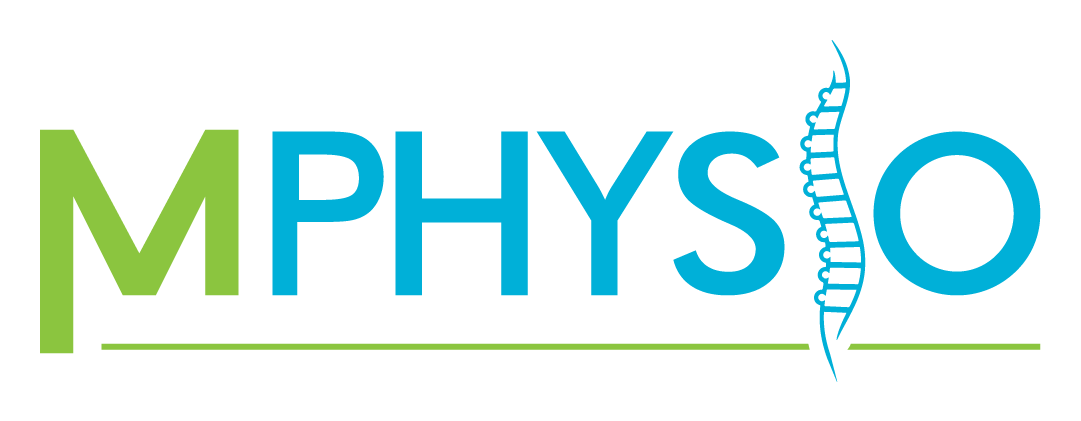What Is Western Acupuncture?
Western Acupuncture is a dedicated service we offer to help improve your injuries, pain as well as enhancing your physical health and wellbeing. It involves very fine acupuncture needles that are inserted into specific points of your body.
You physiotherapist will assess your condition and body to determine whether you are suitable for Western Acupuncture and Dry needling. Western Acupuncture and Dry needling is a traditional form of Chinese Medicine, however with a Western form of philosophy and reasoning with particular attention to neurophysiology and anatomy.
Will I Benefit From Acupuncture?
Western Acupuncture and Dry needling targets muscle tissue and its nerve connections. It is used to help many conditions related to muscle pain, joint stiffness and even assist with nerve conditions such as sciatica or nerve impingement. This may include conditions such as neck tension, headaches, back pain, tennis elbow, shoulder conditions, sciatica, muscle imbalances, joint mal-alignment and much more. Western Acupuncture and Dry needling can also help those wanting increase performances to their overall health and well-being, or lifestyle to improve their work and even sport performances.
What Is Included in Western Acupuncture?
During your acupuncture consultation these are the following benefits you will receive:
- Normalise these chemical levels within your muscle and reduce pain
- Help increase blood flow to the area to promote healing
- Release muscle tension to restore normal length
- Help to promote symmetry of the body to restore muscle imbalances and joint mal-alignment
Things I Need To Know About Western Acupuncture
What If I’m Scared Of Needles?
If you are afraid of needles you have two options. The first is to give it a miss, and your physiotherapist will find other ways to help with your condition. The other option is to give it a try with our “Gentle Friendly Acupuncture Experience”. This includes your physiotherapist to perform the process with extra care, and a gentler experience. The physio will even use a smaller and thinner acupuncture to reduce any discomfort, so that you hopefully won’t feel a thing as the acupuncture is inserted. So why not give it a try if it’s only to help with your goals and condition.
When Do I Feel Better?
After a Western Acupuncture and Dry Needling session, you may feel better straight away. Others may feel better a few days later or after a few sessions of acupuncture. If this was your first session or had an intense acupuncture session, your muscles may feel muscle ache after your treatment. Sensations of muscle aches can be felt like you have done workout at the gym or gone for a long walk. This is perfectly normal and it is a good idea to drink plenty of water and rest if tired.
How Does Acupuncture Work?
Western Acupuncture and Dry needling work by targeting specific meridian points and trigger points in a muscle. These points are usually hypersensitive with high concentration of chemicals within the muscle belly. These points usually cause the muscle to contract and become like a tight ‘knot’. This causes pain and can affect the surrounding muscle, tendon, joints and nerves. When a needle is inserted into these points, it acts to ‘jump start’ the muscle and nerve supply to restore the proper function of the muscle.
What’s the difference between Chinese Acupuncture and Western Acupuncture?
Acupuncture originated from China and is currently used as a Traditional form of Chinese medicine. It’s origin can date back to 600BC. Both Chinese and Western Acupuncture utilise the same type of acupuncture needles, however the main difference is the philosophy on how it works. Chinese acupuncture is based on the belief of restoring flow of Qi, an energy that flows through your body to help with injuries and diseases. Western acupuncture is evidenced based and is utilised after a full diagnosis to reduce pain and improve injuries.

